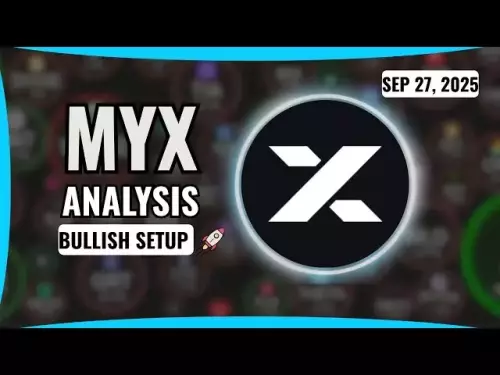 |
|
 |
|
 |
|
 |
|
 |
|
 |
|
 |
|
 |
|
 |
|
 |
|
 |
|
 |
|
 |
|
 |
|
 |
|
Cryptocurrency News Articles
Canada Joins International Push for Enhanced Crypto Asset Tax Transparency
Apr 19, 2024 at 05:57 pm
Canada's Commitment to Crypto Asset Reporting: Aiming to implement the Crypto-Asset Reporting Framework (CARF) by 2026, one year ahead of the global target set for 2027, Canada aligns with OECD standards for crypto asset tax reporting.

Canada Embraces International Crypto Asset Reporting Framework (CARF) for Enhanced Tax Transparency
Canada has made significant strides towards aligning its tax reporting protocols for crypto assets with international standards, a move that reflects the evolving global landscape of digital assets. The country aims to implement the Crypto-Asset Reporting Framework (CARF) by 2026, preceding the global target of 2027 set by the Organization for Economic Co-operation and Development (OECD).
CARF Mandates for Crypto Asset Service Providers (CASPs)
The CARF introduces stringent reporting obligations for CASPs, encompassing exchanges, brokers, dealers, and automated teller machine operators. These entities will be required to report transactions involving crypto-to-fiat and crypto-to-crypto exchanges exceeding $50,000 USD to the Canada Revenue Agency (CRA).
Furthermore, CASPs must meticulously collect and report detailed customer information, including names, addresses, birth dates, jurisdictions of residence, and taxpayer identification numbers for each jurisdiction. This comprehensive data collection ensures robust tax transparency and accountability.
Scope and Exclusions
The CARF's scope encompasses both Canadian and non-resident CASPs, irrespective of their legal entity status. Notably, however, central bank digital currencies and stablecoins, as digital representations of fiat currencies, are excluded from CARF reporting pursuant to modifications to the OECD's Common Reporting Standard (CRS).
Global Commitment to CARF
Canada is not alone in its pursuit of enhanced crypto asset tax reporting. As of November 2023, a total of 47 countries have pledged to adopt the CARF by 2027, demonstrating a widespread recognition of the need to address tax evasion and promote transparency in the digital asset space.
Rationale for CARF Implementation
The CARF was developed to address gaps in the CRS, which proved inadequate in capturing transactions that bypassed traditional financial intermediaries. This initiative marks a significant shift in global financial governance, acknowledging the rapid proliferation and adoption of digital assets.
Implications for Crypto Asset Taxation
The implementation of CARF in Canada will significantly enhance the government's ability to monitor and tax crypto asset transactions. This move aligns with the global trend towards increased tax compliance and transparency in the crypto realm.
Conclusion
Canada's commitment to implementing the CARF by 2026 reflects its proactive approach to regulating the emerging digital asset landscape. This initiative strengthens the country's tax enforcement capabilities and promotes transparency in the crypto sector, aligning with the broader global consensus on the importance of responsible and well-governed digital asset markets.
Disclaimer:info@kdj.com
The information provided is not trading advice. kdj.com does not assume any responsibility for any investments made based on the information provided in this article. Cryptocurrencies are highly volatile and it is highly recommended that you invest with caution after thorough research!
If you believe that the content used on this website infringes your copyright, please contact us immediately (info@kdj.com) and we will delete it promptly.





























































